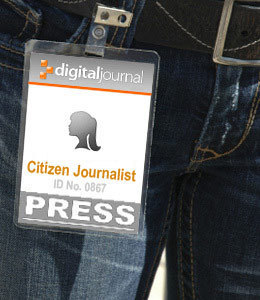Kenya’s Government spokesperson Mr Muthui Kariuki recently complained about a photograph that was carried in one of our dailies, The Star. In an open letter to the Media Council of Kenya that was also posted on his official facebook page, he disapproves of the publication of a graphic photo of a dead woman and her baby in the paper. The same image was used in a blog.
Muriuki’s main concern is that the image is disturbing. “As the Office of Public Communication and Government Spokesperson, we are extremely disturbed and concerned by the picture of a dead mother and child carried by The Star as it depicts Kenya to the global community, as a nation of savages who do not care about human life, especially the lives of women and children.” Read More »


